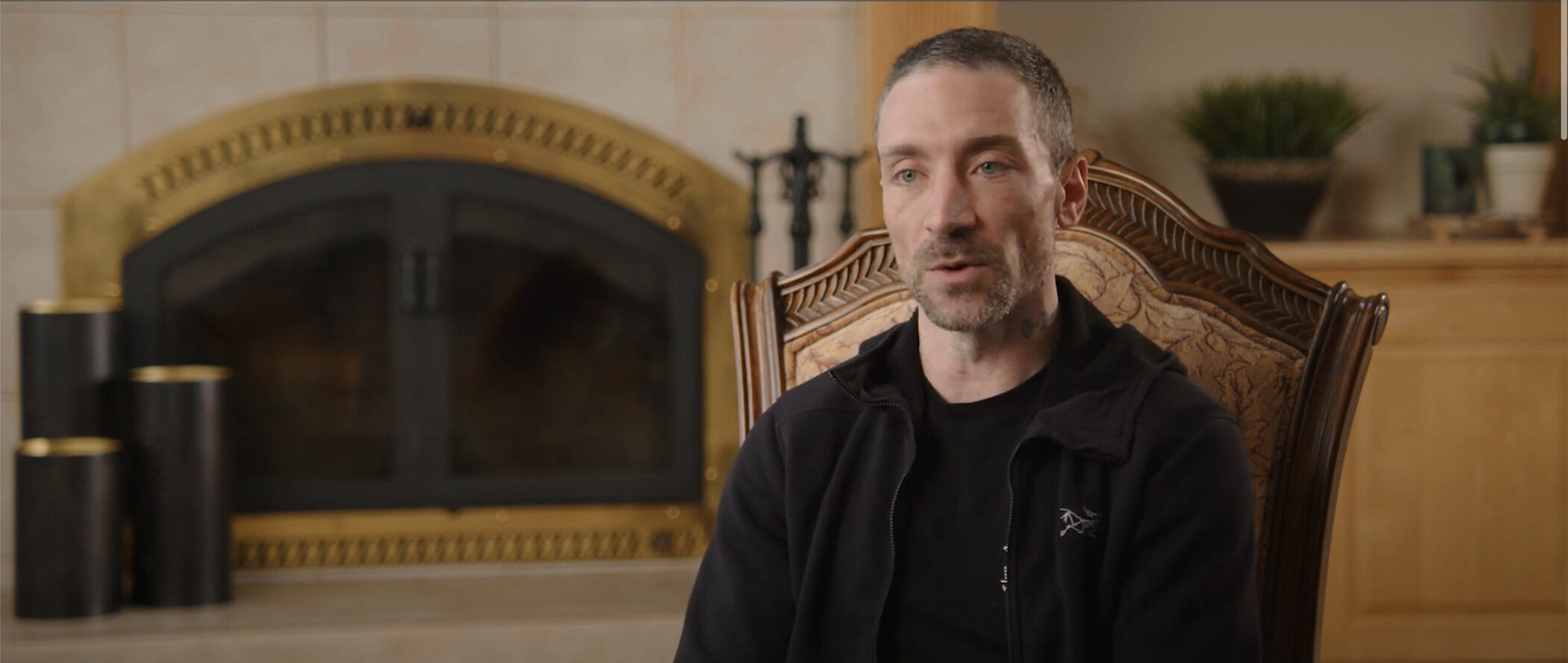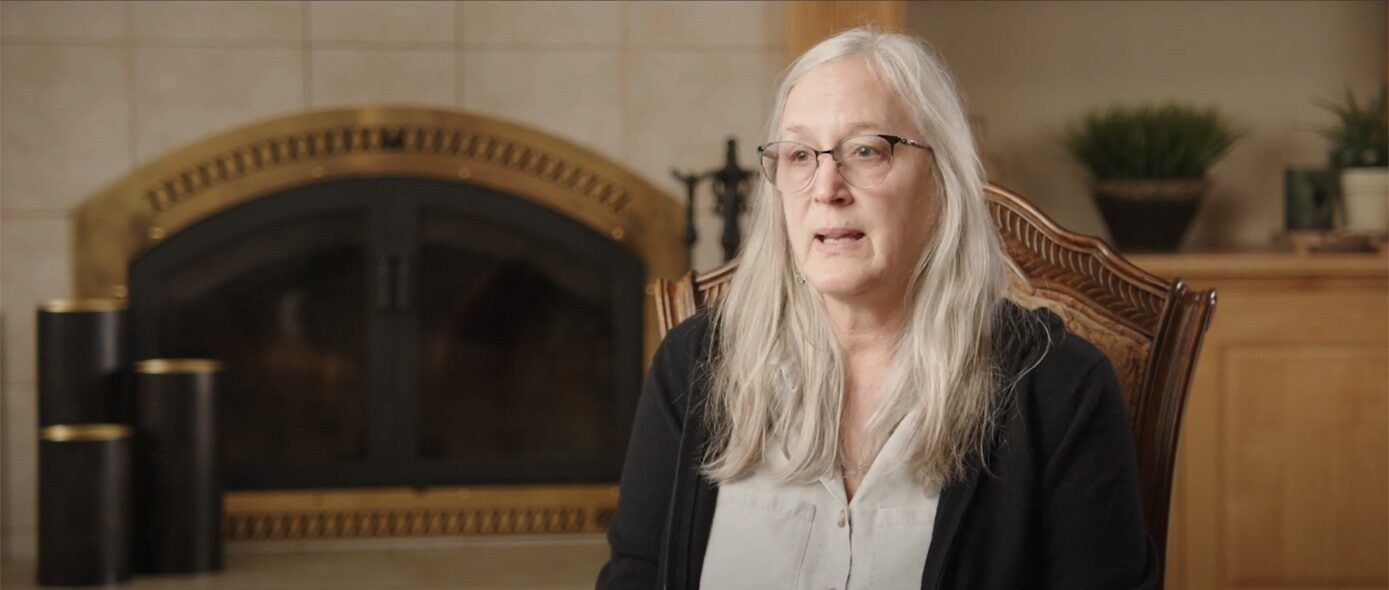The captain of the Alaska crabber SEABROOKE recently wrote an opinion piece for the Wall Street Journal. He extolled the benefits of the recently adopted quota system in the Bering Sea crab fishery. He states:
“In 2010, commercial fishing once again topped the list of deadliest jobs in the U.S. According to the Bureau of Labor Statistics, fishermen faced a fatality rate 33 times the average U.S. worker.
“Catching crab in the Bering Sea can be treacherous. But most people don’t realize that it’s become a lot less deadly since 2005, when fishing regulations for Bering Sea crab changed dramatically. The old regulations forced fishermen to race against the clock. To control overfishing, the government set a cap on how much crab fishermen could collectively catch, and we all had to stop when that limit was reached. Some years that meant we had seasons as short as three days. As in a car race, boats used to line up for the minute the season began.
“This intense competition was thrilling but it was also incredibly dangerous. Crabbers worked around the clock, sometimes in terrible weather. There was no time to go back and forth to the docks, so some boats would be overloaded with too many crab pots, making them unstable. The result was that from 1990 to 2005 an average of five crabbers died a year.
“Part of my finger was cut off during a violent storm when I got knocked off of my feet and landed on an air compressor. I decided against going to the hospital to have it stitched back on because I knew the fishing season could end any day and my crew had mortgages to pay. I nearly lost my hand after developing a nasty infection.
“If that accident happened today, there wouldn’t be nearly as much pressure to keep fishing. Since August 2005, we fish under a much better system called ‘catch shares,’ which are also in place in some other fisheries. Now regulators divide up how much crab the fleet can catch among individual fishermen, as opposed to collectively, so we can fish at our own pace during significantly longer seasons. Tighter Coast Guard requirements have also improved safety.” “Making the ‘Deadliest Catch’ Less Deadly,” Wall Street Journal, November 14, 2011.
Capt. Campbell concludes: “Crabbing before and after catch shares is like night and day. There’s no reason I’d choose to go back to the old derby days.”
Capt. Campbell’s assessment of the effect of the catch share system is encouraging. However, his account of the severed finger episode reflects an attitude which continues to plague the fishing industry. The determination to maximize profits at the expense of crewmember health and safety could have cost Capt. Campbell his hand. The same impulse has caused countless injuries and deaths in the Alaska fishing industry. It will take much more than suspension of derby fishing to solve the problem.











